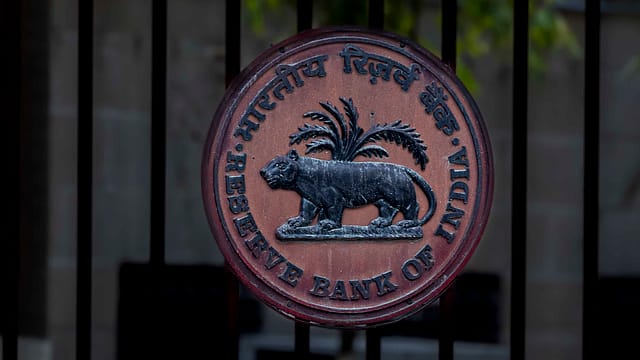RBI to introduce extra security layer for global online payments, curbing international card frauds
ADVERTISEMENT

The RBI's move to extend Additional Factor of Authentication (AFA) to international online transactions aims to strengthen security for Indian cardholders amid rising global cyber threats and fraud risks.
The Reserve Bank of India (RBI), in its Statement on Development and Regulatory Policies, issued on 7 February, is proposing to extend the Additional Factor of Authentication (AFA)—a security measure that adds an extra layer of verification—to cross-border (international) online transactions made with Indian-issued cards.
With the help of introducing AFA, Indian cardholders will get enhanced security when making online payments to international merchants. This will prevent fraud risks while making cross-border transactions.
Adhil Shetty, CEO of BankBazaar.com, says, "AFA such as OTPs for digital payments have played a significant role in preventing fraud. While all Indian cards have this additional layer of protection, this is currently mandatory only while transacting on Indian websites. Given the number and frequency of foreign-origin phishing attacks and other online scams, it is a very welcome move by the RBI to provide a similar level of safety for online international transactions using Indian cards on websites."
The merchants and payment providers will need to adapt to the new security requirements. Meanwhile, some of the measures to curb foreign-origin phishing attacks and online scams via international cards, one must follow these steps:
Verify website security: One must ensure the website has a secure connection (HTTPS) and a valid SSL certificate before entering card details.
Use strong, unique passwords: Create complex passwords for online accounts and avoid reusing them across platforms.
Be cautious of suspicious emails or WhatsApp messages: One must not click on links or open attachments from unknown senders. It is important to verify the sender's identity before taking any action.
Use virtual card numbers and keyboards: Some banks offer virtual card numbers and keyboards for online transactions, masking your actual card details.
Naveen Kukreja, Co-Founder and CEO of Paisabazaar said, "RBI’s decision to introduce an Additional Factor of Authentication is a significant step towards bolstering security for international online transactions, similar to existing domestic safeguards. This move should help enhance consumer confidence and encourage wider adoption of cards for international online transactions.”